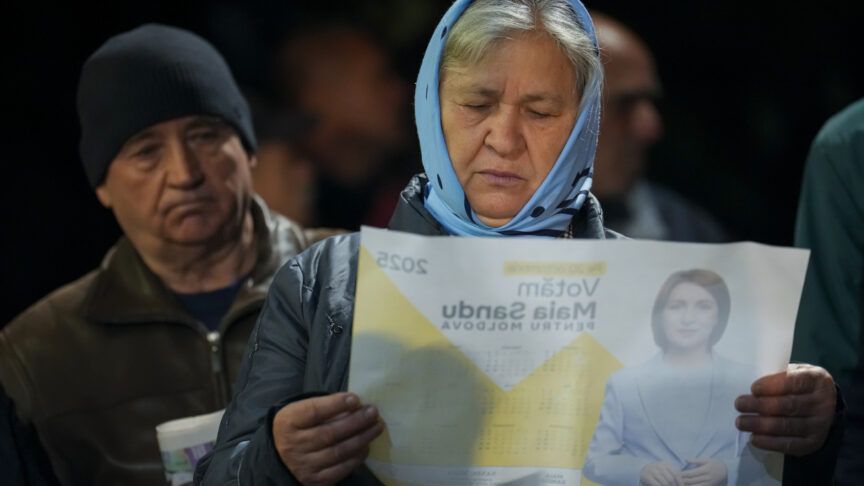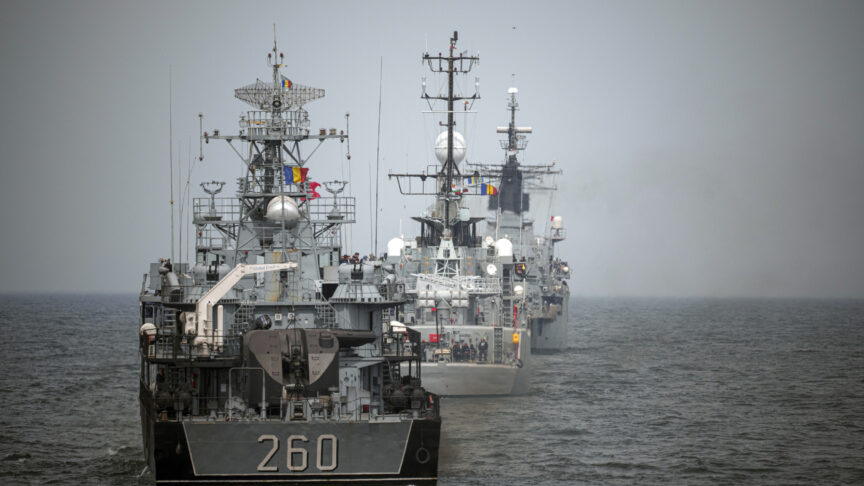Vladimir and Nicholas: Putinism enters a new historic phase
Vladimir is not Nicholas, and the 2010s are not the 1850s. Nonetheless, if Putinism is entering its “Nicolaevian” phase, it raises some worrying implications for the future.
At the end of July, a reshuffle of senior figures especially in Russia’s regional administration – with the promise of more to come – told us something about President Putin’s current concerns and priorities. It also hints at a new historical metaphor. Putin is a keen student of history and has repeatedly paralleled himself to tough-minded reformers, from modernising tsar Peter the Great to prime minister Peter Stolypin, perhaps the last hope of imperial Russia. Instead, though, Putin now seems to be metamorphosing into Tsar Nicholas I, the unyielding autocrat who viewed his people with disdain and suspicion, and earned the title “Gendarme of Europe” for his attempts to prevent the spread of liberal and democratic ideals.
The reshuffle, described by presidential spokesman Dmitri Peskov as “the usual cyclical rotation” saw figures both retiring and being sacked, and a knock-on series of promotions and transfers. To many, the central leitmotif was “the rise of the men in epaulettes” as jobs went to veterans from the security apparatus, especially the Federal Guard Service (FSO), Putin’s personal protectors.
This is something of an overstatement. Two of the figures being replaced were also such “siloviki” in Russian parlance, and two of the jobs (deputy commander of the National Guard and head of the customs service) were bound to go to candidates with security or law enforcement experience.
For all this, though, Putin does have a penchant for promoting siloviki, increasingly his former bodyguards. No so much because they actively lobby the boss – he is notoriously averse to being “managed” – so much that Putin is casting around for people he feels he can trust to be loyal, efficient and also honest, at a time when he is increasingly mistrustful of the bulk of the elite, even some of his old friends.
Putin, arguably, finds himself in a similar position. Like Nicholas, he is a nationalist and a militarist, come to power at a time when a wave of regime changes in his neighbourhood bring into question his own future, as well as a state system in which he believes.
And here come the interesting resonances with Nicholas I, who reigned 1825-55. Nicholas was not expected to be tsar (he had two elder brothers), and instead became a soldier. When he ascended to the throne, he brought a soldier's mindset, believing in hierarchy and efficiency. He came to power amidst turmoil and rebellion at home, which he crushed with characteristic vigour, and the same across Europe, as the 1848 Revolutions bought an era of popular regime change.
Where he could, the “Gendarme of Europe” held the line against these proto-coloured revolutions, crushing revolt in Poland, offering troops to help the Habsburgs suppress another in Hungary, and generally making himself a standard-bearer for the status quo.
At home, he appreciated the need for thoroughgoing reform, but feared the consequences of liberalisation that would at once galvanise the masses and alienate the elite. Instead, he turned to the promulgation of an official ideology – “Official Nationality,” based on “Orthodoxy, Autocracy, and Nationalism” – and heavy-handed censorship and repression.
Nonetheless, he was well aware of the lax and corrupt ways of the elite and its implications for Russia. So he looked elsewhere for trusted henchmen, above all soldiers (61% of his ministers were former admirals or generals), and Baltic German aristocrats, outsiders at the imperial court.
Putin, arguably, finds himself in a similar position. Like Nicholas, he is a nationalist and a militarist, come to power at a time when a wave of regime changes in his neighbourhood bring into question his own future, as well as a state system in which he believes.
Like Nicholas, Vladimir sees himself as a professional, and an outsider at court. Indeed, much of his legitimacy has always been dependent on this status as above and not of the elite, however true that may actually be. Like Nicholas, he has a deep fear of instability; he appears to realise Russia needs reform – he has been told so enough by his friend, former finance minister Alexei Kudrin – but cannot bring himself to make deep, systemic changes that he knows will undermine central control.
Fears of “coloured revolutions” and elite conspiracy are already visible in measures such as the creation of a new National Guard and what is in many ways a state ideology reminiscent of “Official Nationality,” albeit shorn of its ethnic Russian bias. It fuses a carefully-curated version of Russian history, an embittered sense of the injustices done to Russia by the West, and a “populist autocracy” legitimised by the monarch’s personal relationship with the people. Investigatory Committee head Alexander Bastrykin has even called for an “ideological policy of the state,” though it is unlikely ever to be given such formal status.
Putin also appears to be mounting a quiet campaign to at least slightly address the corruption and unprofessionalism at the heart of the system. (Although unlike Nicholas, he actually created the corrupt system that now is his problem.) Ever since the dismissal of his friend, the multi-millionaire head of Russian Railways Vladimir Yakunin in 2015, there has been a series of arrests and dismissals seemingly with the admittedly-moderate goal of getting people to do their jobs a little better, with a little less corruption.
Unless Vladimir shows that – contrary to present indications – he is willing to be much more decisive and daring in tackling the challenges he clearly appreciates are there, the outcomes for their successors may prove depressingly similar.
Mistrustful of the bulk of the elite, Putin turns to what he assumes are loyal and like-minded cadres. Nicholas looked to soldiers, Putin security officers. This is probably only in part because of a belief in their intrinsic qualities; after all, he promotes relatively few from the military, even though they might be assumed to share them. Rather, these are the people he knows. A ruler increasingly withdrawn from day-to-day governance and even the Kremlin – he prefers to stay in his palace at Odintsovo – will naturally see his circle shrink to bodyguards and aides, old friends and new clients they introduce.
Even old cronies such as Yakunin and just-sacked customs chief Andrei Belyaninov are no longer safe. Instead, Putin appears to be casting his net for a new elite more broadly; some, such as Oleg Belaventsev, the new presidential plenipotentiary to the North Caucasus, and his Siberian counterpart Sergei Menyailo, appear to have been commended to him by defence minister Sergei Shoigu. Dmitri Ovsyannikov, the new governor of Sevastopol, may even be considered a client of prime minister Dmitri Medvedev’s. In other words, this appears to be part of a more general program of creating a new younger, (slightly) more honest, (hopefully) more efficient, and (presumably) more loyal elite, at least at the regional level, just as Nicholas had tried to renovate the tsarist engine of government.
Obviously, there are severe limits to using history as a predictive tool. Vladimir is not Nicholas, and the 2010s are not the 1850s. Nonetheless, if Putinism is entering its “Nicolaevian” phase, it raises some worrying implications for the future. Nicholas’s authoritarianism embroiled Russia in risky foreign adventures, including an ill-fated war in Crimea. His unwillingness to address fundamental economic, political and social issues means they only worsened, and his successor, Alexander II, was forced to try and reform quickly and comprehensively. The result was a mess, which – as Nicholas had feared – generated backlash from the masses (who though he didn’t go far enough) and the elite (who thought he went too far).
The tsar died in office, and we still do not know what will happen to the president. Nonetheless, unless Vladimir shows that – contrary to present indications – he is willing to be much more decisive and daring in tackling the challenges he clearly appreciates are there, the outcomes for their successors may prove depressingly similar.
The European Council on Foreign Relations does not take collective positions. ECFR publications only represent the views of their individual authors.


